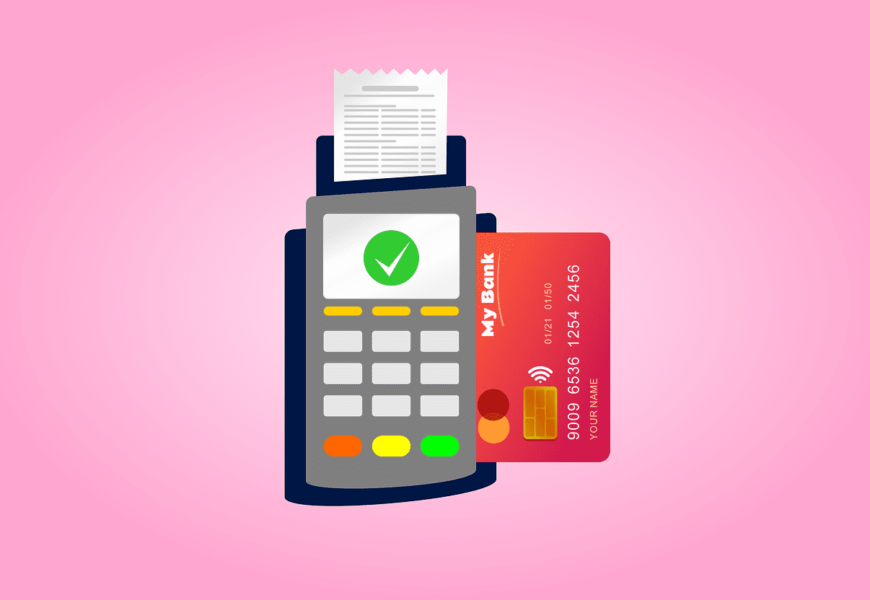Managing finances can be a challenge, especially when living paycheck to paycheck. Unnecessary spending is a common reason for this, as we often buy things we don’t need, draining our savings. Fortunately, making simple lifestyle changes can help cut expenses and save money. In this post, we’ll share 16 smart ways to reduce unnecessary spending and improve financial health.
16 Ways To Cut Back And Improve Financial Health
Create a budget: To cut unnecessary spending, create a budget to track expenses and identify areas to cut back. Categorize expenses into fixed and variable, use tools like Quicken’s Simplifi.
Cut back on dining out: Cooking at home and packing lunch can save money on eating out expenses.
Use coupons and promo codes: Search for online discounts before making purchases. Services like Honey can help find promo codes.
Cancel unnecessary subscriptions: Review and cancel subscriptions like streaming services or gym memberships.
Buy generic brands: Opt for generic products to save money on groceries.
Cut back on electricity usage: Save on energy bills by turning off lights and appliances when not in use and using energy-efficient options.

Avoid impulse purchases: Make a list before shopping to avoid impulse buying and stick to it.
Plan your shopping trips: Create a list before shopping to avoid unnecessary purchases.
Use cash instead of credit cards: Paying with cash can help prevent overspending and impulse purchases.
Look for free or low-cost entertainment: Save on entertainment by choosing free or affordable activities like hiking or museum visits.
Try a no-spend challenge: Challenge yourself to a spending freeze to avoid impulse buys and save money.
Learn how to achieve financial goals with a savings challenge

Buy in bulk: Save on everyday items by buying in bulk.
Get creative with gifts: Make personalized gifts or offer the gift of time to save money and add meaning.
Consider DIY alternatives: Try doing tasks like house cleaning or car detailing yourself to save and gain satisfaction.
Shop secondhand: Find deals on items at thrift stores or online marketplaces to save money and reduce waste.
Use cashback and reward programs: Take advantage of cashback and rewards on purchases to save money.

FAQs:
Q. Are these tips effective for everyone?
A. Yes, these tips can be effective for anyone looking to reduce unnecessary spending and improve financial health.
Q. How can I create a budget?
A. Creating a budget involves listing all expenses and categorizing them, then deducting from your income to identify leftover money. Various budgeting methods can be used, as detailed in this guide.
Q. How to stop spending money on unnecessary things through impulse purchases?
A. To avoid impulse purchases, make a list before shopping, wait before making a purchase, and set spending limits to curb impulse buying.
Conclusion; Cut Back On Unnecessary Spending
By implementing these tips, you can save money and improve your financial health, leading to a brighter financial future. Start making changes today and see the impact on your life.
Don’t forget to subscribe to our newsletter for the latest personal finance content and visit our blog for more articles.











